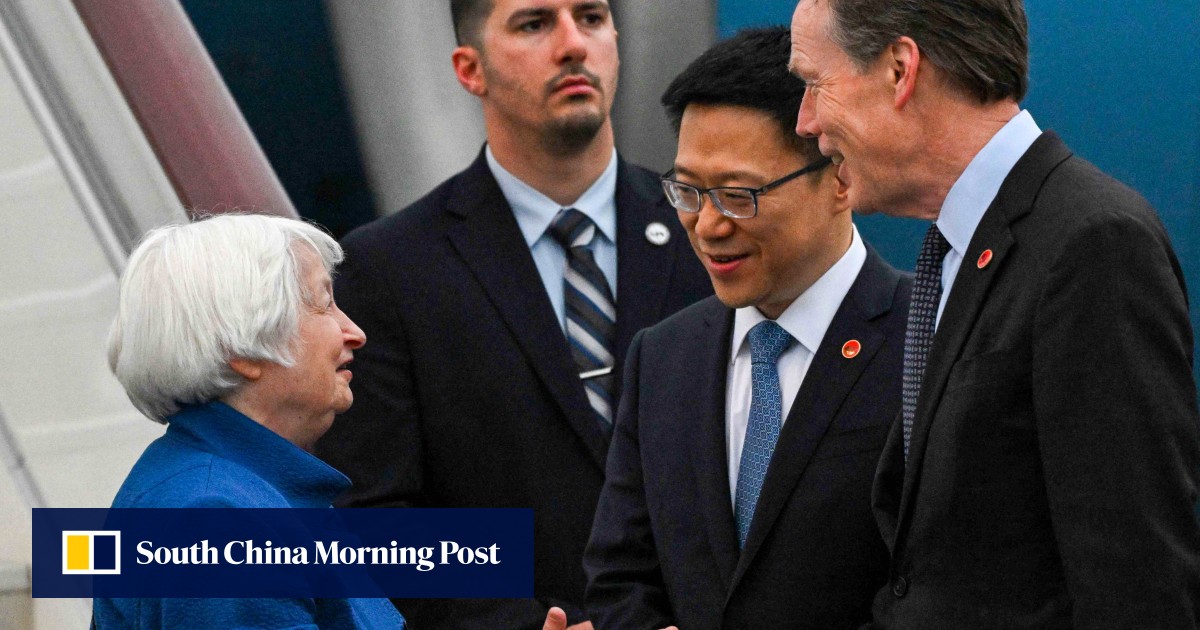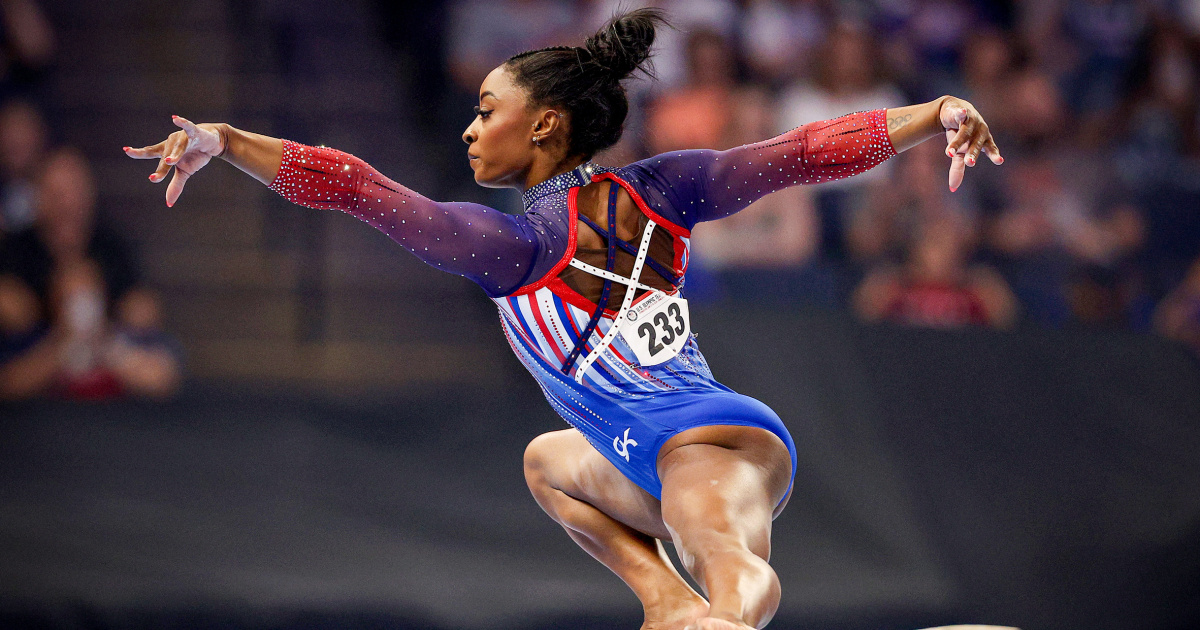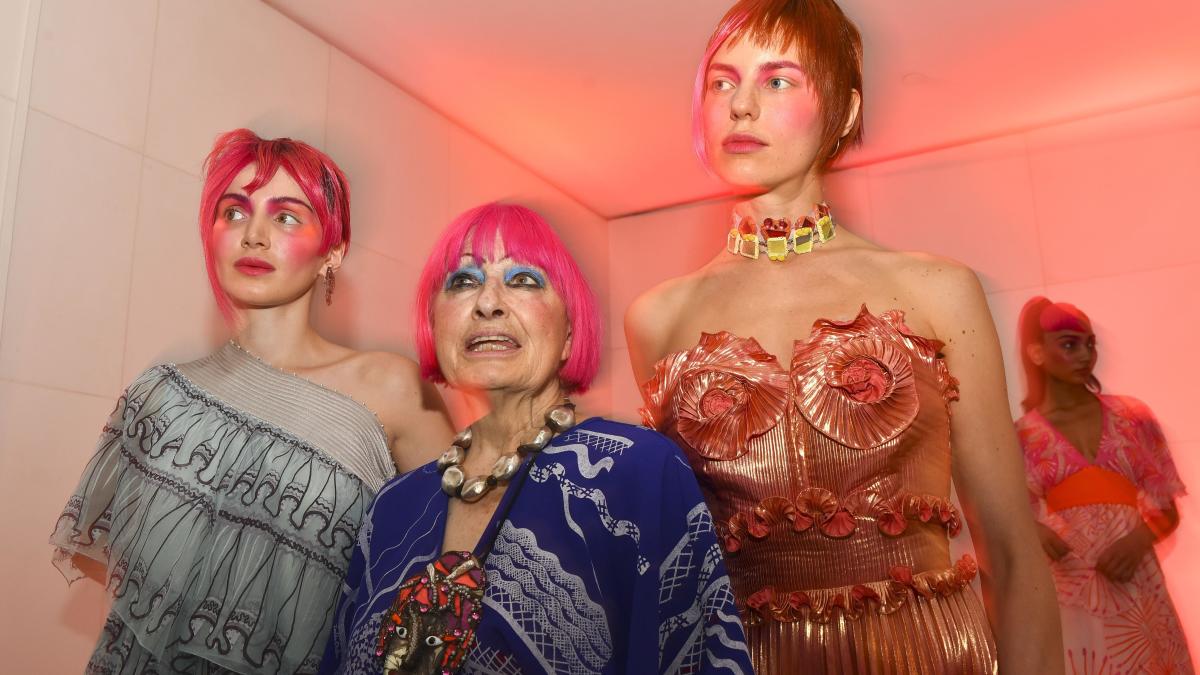Jobs
Elon Musk Says AI Will Take All Our Jobs In The Future

- At the VivaTech 2024 in Paris, Elon Musk said that AI will soon replace most jobs.
- At the same time, he assured us that it’s not as catastrophic as it sounds.
- While Elon Musk is closely associated with AI and knows what he’s talking about, other studies suggest that AI might not be an immediate threat.
Elon Musk has always been known for his brutally honest and no-nonsense statements. My personal favorite of his is “Offer me money, offer me power, I don’t care,” but this time he has come out with a remark that’s not-so awesome but certainly monumental and thought-provoking, if not outright scary.
At the VivaTech 2024, which he was attending remotely through a webcam, Elon Musk said that AI will soon take all our jobs.
He explained how jobs would be optional in the future. So, if you want to do a job as a hobby or out of pure passion, that’s great, but it won’t be necessary for you to be a part of the workforce because AI and robots will provide all the goods and services we need.
It’s Not as Gloomy as It Sounds
“Probably none of us will have a job,” Elon Musk said at the conference. I’ll have to admit that this sounds rather concerning. What about our livelihoods? How will we move up in the world without a good job? Will people lose jobs because of AI? These are some of the many questions Elon’s statement is responsible for.
However, the way he describes the phenomenon, it’ll probably not be as gloomy as it sounds. For starters, he said that for a system like this to work, we would need a “Universal High Income” first.
While Elon did not elaborate on what exactly Universal High Income is, it’s important to note that this would be different from Universal Basic Income, which stands for a set amount of regular payments that a citizen gets from the government without the need to work.
In my humble opinion, Universally High Income sounds like everyone would have a high enough income to not require a job. However, it could have a different meaning.
The second reassurance that Elon gave was that certain jobs, especially those that require creativity and emotional intelligence (such as artists, mental health professionals, and teachers) will stand their ground and carry the same importance.
Last but not least, just because people aren’t working jobs doesn’t mean things won’t get done. Goods will still be produced and services will still be offered—the only difference is that it will be carried out by AI and robots.
Are Elon Musk’s Fears Valid?
Elon Musk was one of the founding members of OpenAI—the company that’s pioneering AI development—and yet he has been one of the biggest critics of the AI boom lately. According to him, AI is developing too much too soon.
For instance, he believes that by next year we might have a “superhuman” AI that would be smarter than any human on Earth. Now, since Elon Musk is so closely associated with technology, it’s safe to say that he knows what he’s talking about.
However, studies suggest that AI might not be an immediate threat. For example, in January this year, researchers at MIT’s Computer Science and Artificial Intelligence Lab found that workplaces are not adapting to AI as swiftly as it was expected.
The study also revealed that a lot of jobs that were previously thought to be vulnerable to AI are not at risk anymore. This is because it’s simply not economical for employers to replace their workers with AI at the moment.
Another factor (which even Musk agrees with) that might hinder AI’s growth is limited resources. It takes a lot of power to run AI tools and there’s already a shortage of chips, data centers, and energy to power the growing demand. So, there’s no way AI can be used for commercial purposes at a mass level in the foreseeable future.
Read more: AI will boost copper demand by 1 million tons per annum by 2030
About Neuralink – Musk’s Company
During the conversation at VivaTech, Elon Musk also talked about Neuralink—his AI company that has gone post some revolutionary milestones in the field of medicine.
For example, the company created a brain chip that allows the recipient to use a computer and move its cursor with just their thoughts.
The product has been approved for human testing—and a patient has successfully undergone the process, too. He’s recovering well and was recently seen playing chess online without having to lift his finger.









